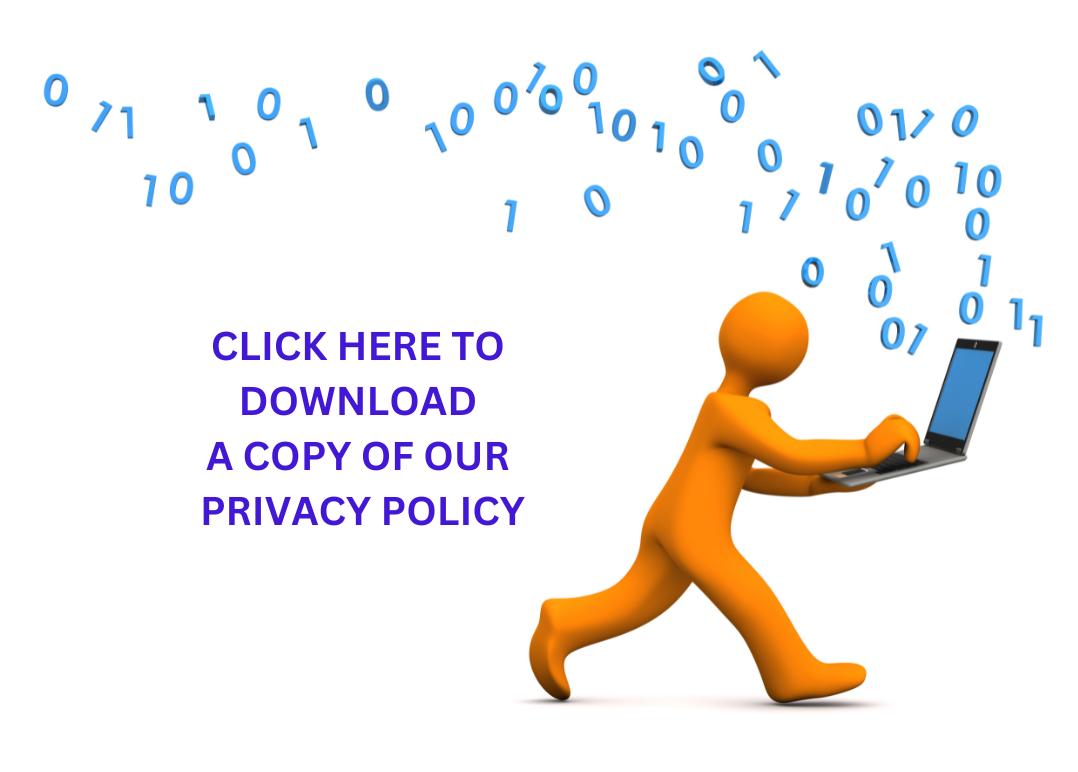Frequently Asked Questions
Question 1: What are the advantages of a mediation?
a) Mediation can be easier for each party as it can take place in a less formal place.
b) The dispute can be resolved faster for example if everyone is available next Monday then we can potentially reach a solution next Monday.
c) With mediation being a faster process that usually means that because a resolution is found sooner (than going through a lengthy legal process) it is cheaper because additional costs are not incurred – so it is usually said to be cheaper.
Question 2: Who pays for the mediation?
a) The cost of the mediator(s) service is divided between the number of parties so that each party in the dispute pays the same amount. This helps to demonstrate that the mediator is independent and is working for everyone to find a resolution rather than working for just one party.
Question 3: Is mediation compulsory?
a) For Civil and Commercial disputes mediation is not mandatory (compulsory), though it is highly encouraged, and a judge could request that parties try to reach an agreement through ‘Alternative Dispute Resolution’ (ADR).
b) Mediation is one form of ADR. If it is clear that one party has refused to consider any form of ADR at any stage, then this could be a factor that a judge takes into account.
Question 4: Does a mediation prevent me from taking further action (such as legal action) in this dispute?
a) If a resolution is reached and all the parties have signed the ‘Mediation Settlement Agreement’ the dispute is over so you won’t need to continue.
b) If an agreement is reached and signed it is a legal contract so if one or more parties do not comply with that agreement, then action can be taken.
c) If an agreement is not reached at the mediation, then any party can decide to take/continue with further action.
d) The ‘Mediation Settlement Agreement’ will state which dispute has been settled. If there are a number of different disputes between the parties (eg: separate legal claims), then unless the agreement includes all disputes, the parties are able to settle each dispute in the way they choose. One of the benefits of mediation is that with the agreement of all parties, a mediation can cover many disputes between the same parties.
Question 5: When can the mediation begin?
a) As soon as all the parties have agreed to mediate, have agreed a date and a venue (or for the mediation to be done over zoom).
b) Unlike resolving a dispute in court, you do not have to wait for the court to give you a date.
c) The mediator must be paid, and all the parties to the mediation must sign the ‘Mediation Agreement’ before the mediation can take place. Note: The ‘Mediation Agreement’ this is a different document to the ‘Mediation Settlement Agreement’ as the later contains the details of the settlement.
d) For an agreement to be reached on the day all parties at the mediation need to have the authority to reach an agreement.
Question 6: What is the ‘Mediation Agreement’?
a) This document is a contract it is the document that all parties involved in the mediation (anyone attending or participating or observing the mediation) sign. This document includes: the names of all parties and the mediator, the venue, the role of the mediator, party representation and legal advice, confidentiality requirements, how this agreement can be terminated, the settlement process, fees and costs, and the applicable law of this agreement.
Question 7: What makes up an agreement?
a) The parties can agree to any form of resolution in a mediation if it is a legal act. An agreement could include goods or someone’s time for example, though the agreement could not include for example something that committed the parties to get the funds to agree to rob a bank though!
Question 8: Can I leave the mediation if I want to?
a) The mediation is a voluntary process so you are free to leave at any time however you should inform the mediator that you plan to do so before you leave. From experience an agreement is often closer than either of the parties think it is and if the mediator knows that a party wants to leave that can sometimes move things forward (once the mediation has reached a certain stage - before this is could mean that the mediation breaks down and you would have spent the money on the mediation without giving it a chance to succeed).
Question 9: Where will the mediation take place?
a) A mediation can take place online (using zoom and other electronic tools), though face to face mediations is often more effective.
b) The mediation can take place at any location that all parties and the mediator are happy to attend. The mediation parties are responsible for paying any costs associated with the mediation venue.
Question 10: What facilities are required for a mediation?
a) A separate room for each party and a room for the mediator.
b) Additional facilities such as flip-charts are beneficial and refreshments (tea and coffee etc) to keep everyone going. I always give all parties an opportunity to have a lunch break and get some fresh air.
Question 11: Do I have to speak to the other party?
a) NO, as a mediator I will ask if both parties are happy to meet each other. It is often very effective for each party to understand how the other parties feel on the day, if you are concerned about this process, I can manage the meeting to minimise stress equally though not meeting at the beginning won’t stop the mediation progressing.
b) Hopefully we will reach a point when a resolution is reached when both parties are happy to meet each other but again this meeting is voluntary.
Question 12: Can you get me what I want?
a) The purpose of the mediation to reach an agreement that all parties find acceptable. It is unlikely that the other party would agree to everything that you want at the expense of what they want so it is unlikely that either you or any party will get the perfect result.
b) As a mediator I will do all I can to help you reach an agreement. I will listen and understand what each parties red lines and where there is flexibility and seek to create an environment where any obstacles can be overcome.
c) Ultimately it needs all parties to agree to the resolution of the dispute.
d) Once disputes have entered the legal or alternative dispute resolution process costs are incurred so often the key is to find an acceptable way out of the dispute which often means that there is not a winner, just a means to move forward.
Question 13: Do I get my ‘day in court’ – to say how I feel?
a) It is not always the case that people get to say what they want in court, however at the beginning of the mediation however there is an opportunity in what we call the opening statement for you to give your views and to listen to anything that the other party wants to say.
Question 14: What information do you need from me; what do you do with it?
a) We only collect and process (use) the information that we need in order to work with you. We never sell any data that you provide us. Once the data is no longer needed we destroy it. We have a privacy policy that explains what happens to your information gathered on this website, click here to read it.
b) To understand the information that we will use if you choose a mediation with us and how we will look after you information, please click on the privacy policy image:










